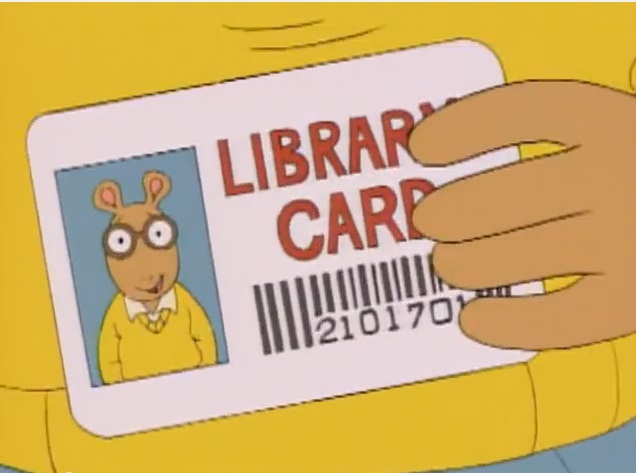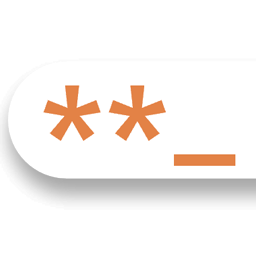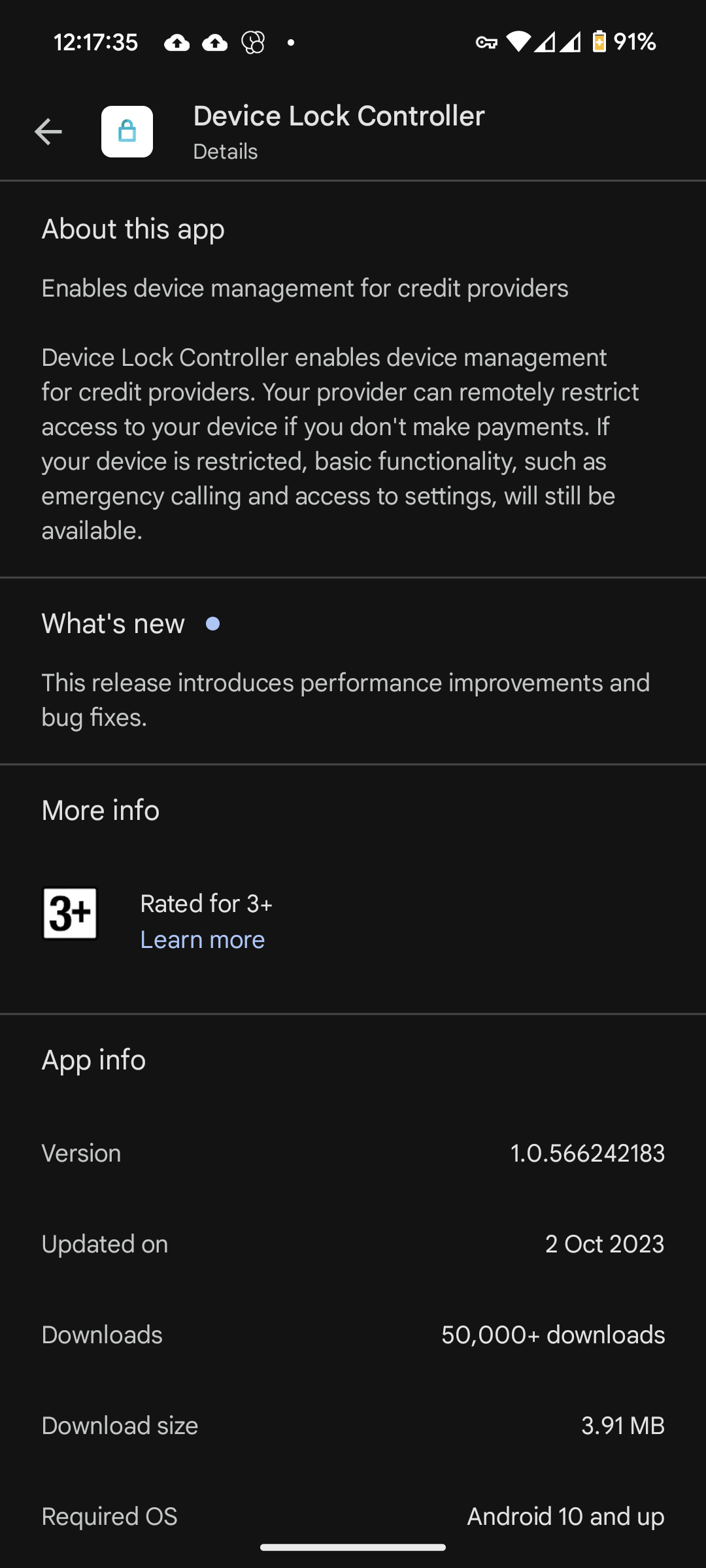

Wouldn’t direct access to a library’s network via Ethernet in an uncontrolled manner pose a security risk though?
You would have to detail why. Ethernet offers /more/ security by not exposing users’ traffic and by avoiding MitM to a reasonable extent. It’s far easier to spoof a Wi-Fi AP from next door or even a block away than it would be to to plant an ethernet attached MitM box, which means getting behind the drywall or breaking into a utility room. Not to mention the mass surveillance of all iOS devices collecting data, timestamps, location of every other WiFi device in range and feeding that to Apple. Ethernet is trivially immune to that collection, whereas Wi-Fi users are exposed without a countermeaure. They can dynamically change their MAC daily or whatever but that’s not the only data being collected by Apple.
(edit) It’s worth noting as well that the NSA actually advises people not to use Wi-Fi.
Also, while propriety Wi-Fi and other technology-related solutions are sometimes frustrating, many libraries are ultimately budget constrained, making the use of standardized solutions far more economical than custom ones.
Economics does not justify excluding some demographics of people¹. If a public funded service cannot offer service in an equitable way, it’s better to not offer the service at all. When a public library offers a service, assumptions are then made in other contexts that the whole public has that access. Governments operate on the assumption that people they serve have access, and they use that assumption to remove analog means of contact and service. Some government offices have already closed their over-the-counter service. How was it that they could afford it previously but not anymore? Those budgets are themselves set by assumptions, like assumptions that everyone carries a mobile phone.
¹ exceptionally, public funding cannot for example cover every heart transplant everyone needs. But the library does not face those kinds of extremes. Ethernet cable is cheap enough. Getting people to agree to terms of service the old fashioned way (paper) is cheap enough. Priorities have to be really screwed up to be willing to exclude someone from service to save money on paper agreements.






Not in the slightest¹. It has reduced inclusiveness. The groups being excluded were previously given full and equal access. To argue that nighttime access is possible is to inherently advocate for exclusive access to those who would sit on the sidewalk with their device while people who need access by other means are denied. What a bizarre and obscure corner case. It’d be somewhat elitist to be selective like that. Human rights calls for equal access to public services (UDHR Art.21¶2). That means if a service cannot be offered to all demographics it should be offered to no one.
It’s really hair-splitting esoterics to be concerned about what library access there is at night time on the sidewalk. Maybe it’s fair enough to say outside of hours there is no sense of equal access. I don’t want to die on the nighttime access hill either way. My post concerns equality during the day when the library doors are open. If there really is a notable need for nighttime access from the sidewalk, that can also be deployed in an egalitarian way by mounting exterior ethernet ports and removing the captive portals.
(edit)¹ well, Wi-Fi in the 2000s was inclusive because it did not generally come with a captive portal and it was offered in parallel to ethernet. Having Wi-Fi is an essential part of being inclusive now that wi-fi-only devices exist. But the way they are doing it in 2024 is exclusive, depending on the library. Some libraries still today do not have captive portals but that’s becoming more rare as libraries prioritize a paperless agreement above equal access.
You’re thinking about the barriers and inconveniences to you personally. But when I speak about exclusivity, I’m talking about different demographics of people getting different treatment and different service. It’s unacceptible for a public service to say “sorry, some people just do not make the cut for the profile of those we are including… our public service is only for people who subscribe to private GSM service” (precisely the demographic less in need of public service). It’s better to pull the plug to ensure equality than to create unequal access.
The DRM problem is not a problem of exclusivity w.r.t the public library, AFAICT, because the library secures whatever DRM rights are needed equally for all patrons. DRM does not cause someone who cannot afford a mobile phone to be refused service. Unless a DRM mechanism were to require an SMS verfication – then I would be with you on that because that would be discriminatory and exclusive. Although I’ve heard that some forms of DRM prevent reading a page more than once. I can imagine that someone with an impairment of some kind might need to read a page more times than someone else to absorb the same book. In that case, DRM would indeed be adding to the exclusivity problem and would need a remedy in that regard. If a library could not negotiate an egalitarian deal in that case, then the egalitarian remedy is to drop that book from the library’s catalog completely, as that would ensure equal access.
It’s not a technical problem. It’s an ethical problem. When a public funded service is forces people to run proprietary non-free software on their own devices, it’s an abuse of public funding to needlessly force people into the private sector. In the US, the American Library Association has a bill of rights that states people are not to be excluded from the library based on their views or beliefs. Designing a library to only cater for people who are ethically okay with running non-free proprietary software would undermine that principle. It would be comparable to a public service denying service to vegans because of their ethical viewpoints.